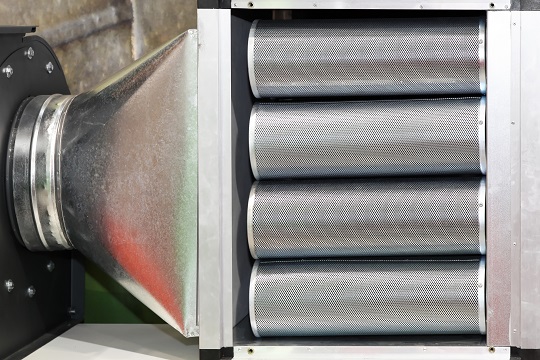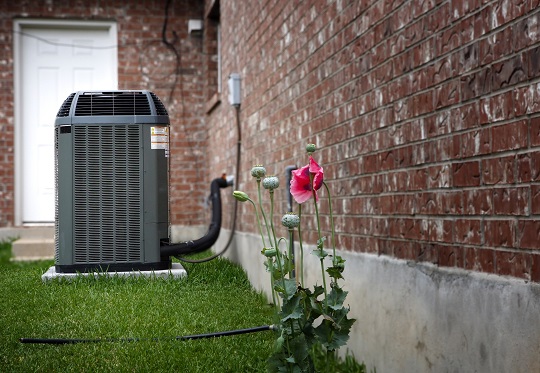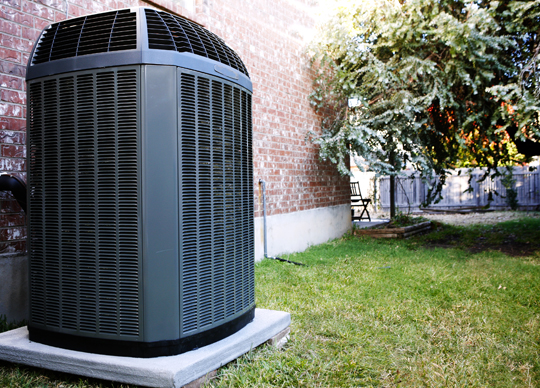Nowadays, there are numerous types of heat pumps used as an alternative to conventional heating systems because of their many benefits; among which, energy efficiency ranks highest. Besides air source heat pumps, geothermal heat pumps also use heat transfer to generate energy.
How Does It Work?
Geothermal heat pumps capture the energy stored by the earth and transform it into heat that is transferred to your home. This type of pump requires the underground installation of a system of pipes, which are filled with a water-based solution. These pipes are connected to a geothermal heat pump located in your house, which functions as a furnace and A/C unit at the same time.
What Are the Advantages of Geothermal Heat Pumps?
Energy-Efficient: This technology enables you to slash energy bills by no less than 80%, according to statistics.
Eco-Friendly: Geothermal heat pumps use renewable energy, are non-polluting, reduce your carbon footprint, and do not impact the environment as other traditional heating systems do.
What Are the Disadvantages of Geothermal Heat Pumps?
Installation is Costly: Although they are energy-efficient in the long run, these pumps are expensive as far as installation is concerned. Geothermal heat pumps are pricey because installation is complicated and labor-intensive. There’s a lot of excavation and drilling during the installation process. You would need no less than 15 years to recover your investment, considering that installation costs start from $10,000, and may reach $30,000.
If you’re interested in geothermal heat pumps, and want to know to what extent it might be an alternative for your particular situation, it’s best to discuss the details with an expert. Many people who choose to install this technology benefit from financial assistance provided by local, state, or federal agencies.
Need Help?
Seva Call can connect you with a local expert specializing in geothermal heat pumps who can provide you all the answers you’re looking for.







